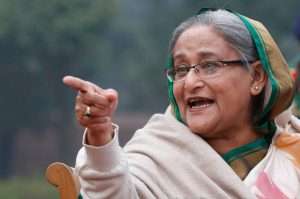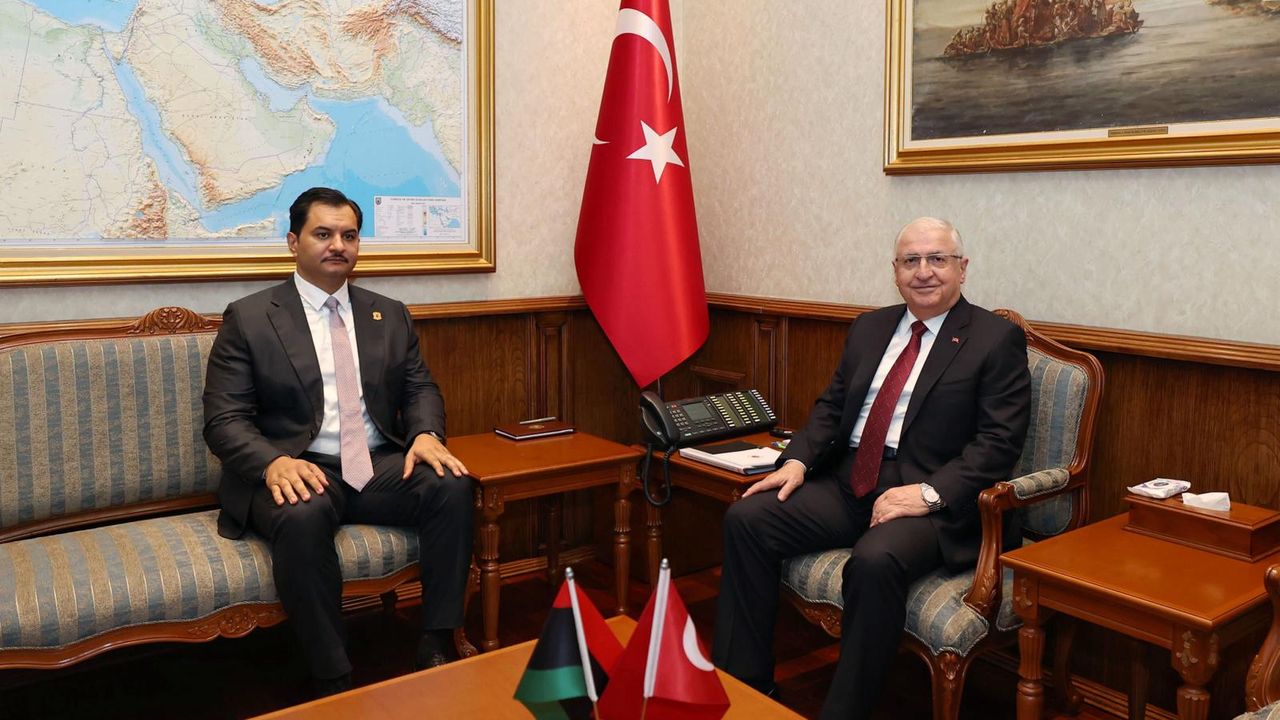UN Initiative Sparks Libyan Election Challenges

The new UN envoy to Libya had hoped to usher in long-delayed elections, but his initiative is facing pushback from the eastern-based parliament and a lukewarm reception by its rivals in Tripoli
Senegalese diplomat Abdoulaye Bathily told the UN Security Council last month he planned to create a panel tasked with delivering presidential and legislative elections in conflict-torn Libya later this year.
But his blunt criticism of the North African country’s two houses of parliament for failing to agree on a legal basis for elections has sparked a backlash that threatens to derail Bathily’s plans.
The pushback was “predictable”, said Khaled al-Montasser, a professor of international relations at the University of Tripoli, as elections would see members of both chambers potentially lose their seats and privileges.
Despite the rivalry between them, both view the UN initiative as “interference in their sovereign decision-making power and an attempt to impose international will on Libyans,” Montasser told AFP on March 9th.
Libya has seen more than a decade of stop-start conflict since the 2011 revolt that toppled strongman Moamer Kadhafi, with a myriad rival militias, foreign powers and multiple governments vying for influence.
The country remains split between a supposedly interim government in the western capital, Tripoli, and another in the east nominally backed by military chief Khalifa Haftar.
While most observers believe Libyans overwhelmingly support elections, bitter wrangling over the legal basis for holding them has been a key sticking point since the last major battle between Haftar and western Libyan forces in 2020.
AFP
Want to chase the pulse of North Africa?
Subscribe to receive our FREE weekly PDF magazine













